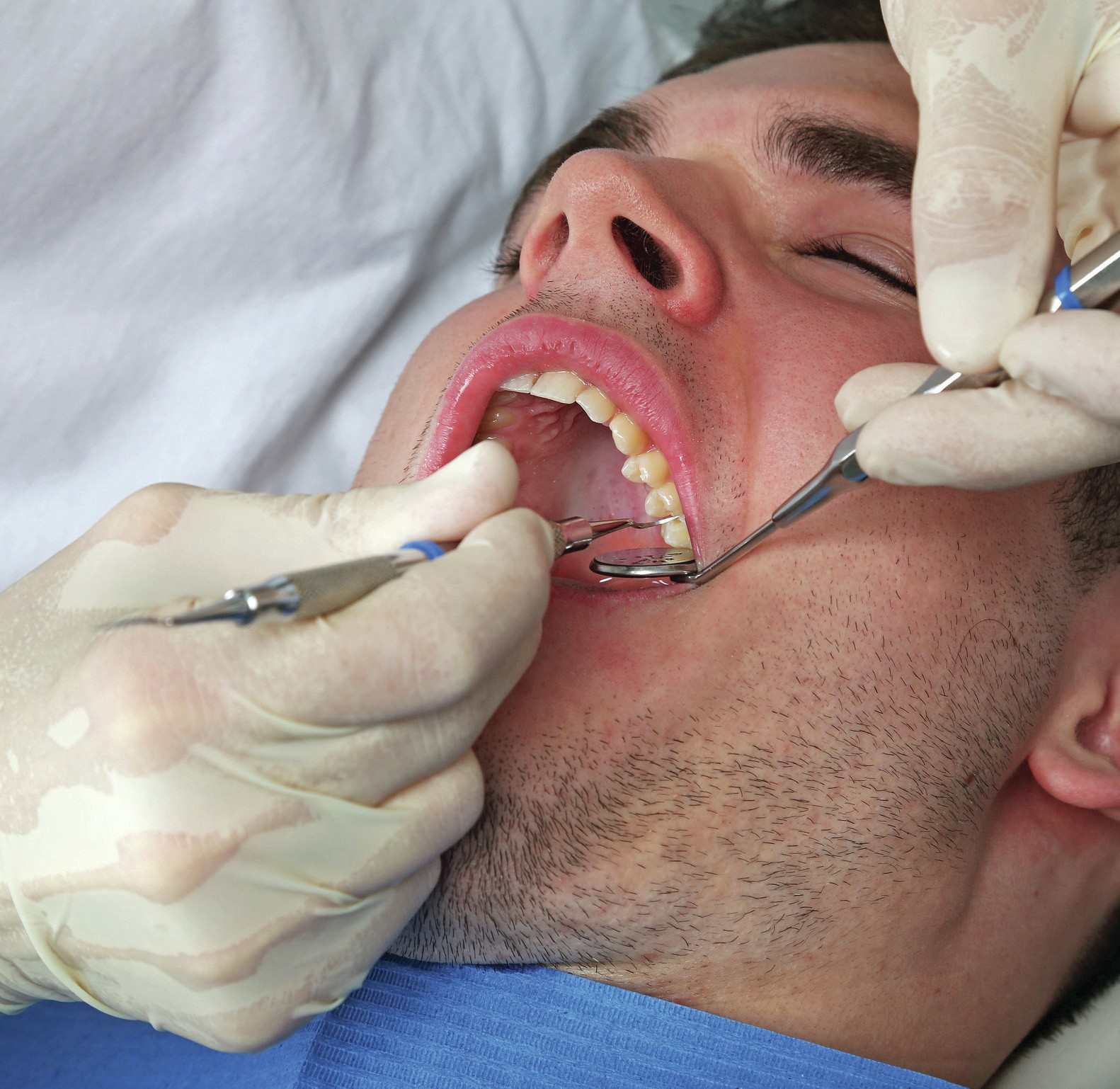
Dentistry is not a ‘subject’ like other science subjects. It is a branch of medicine and a healthcare profession in its own right. Members of the dental team (dentists, hygienists, therapists, dental nurses, dental technicians etc.) aim to prevent and treat diseases of the mouth. To do this they need knowledge drawn from many areas of science — human biology, physics and chemistry being the most obvious examples. But, perhaps surprisingly, the practice of dentistry also draws on subjects including psychology, philosophy, sociology, statistics, law, business and management, and even art. Since dentistry is a surgical, or ‘craft’, speciality, dental professionals require a good deal of technical skill, but they also need communication and patient-management skills.
Not everyone who graduates with a dental degree goes on to be a high-street dentist. Some undertake further training and work in hospitals or specialist practice, some become public health specialists, looking at oral health and disease in populations, and some become academics, who advance professional knowledge through teaching and research.
Your organisation does not have access to this article.
Sign up today to give your students the edge they need to achieve their best grades with subject expertise
Subscribe




